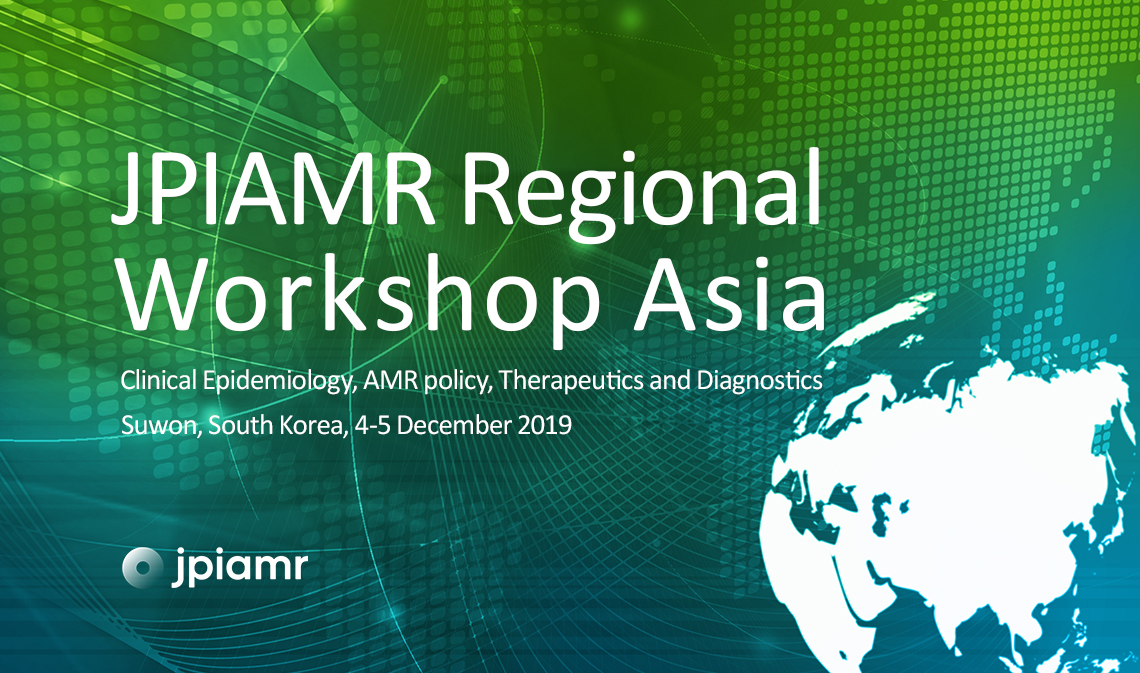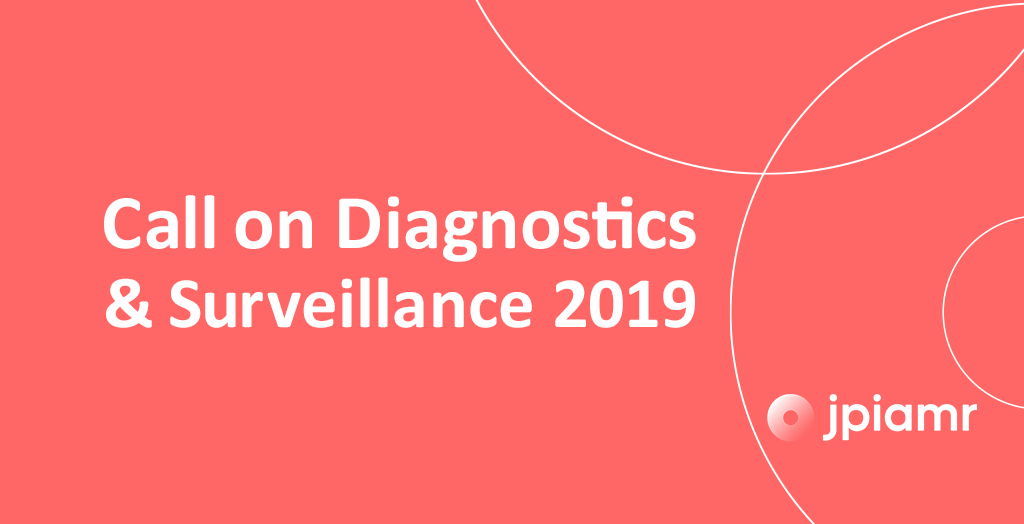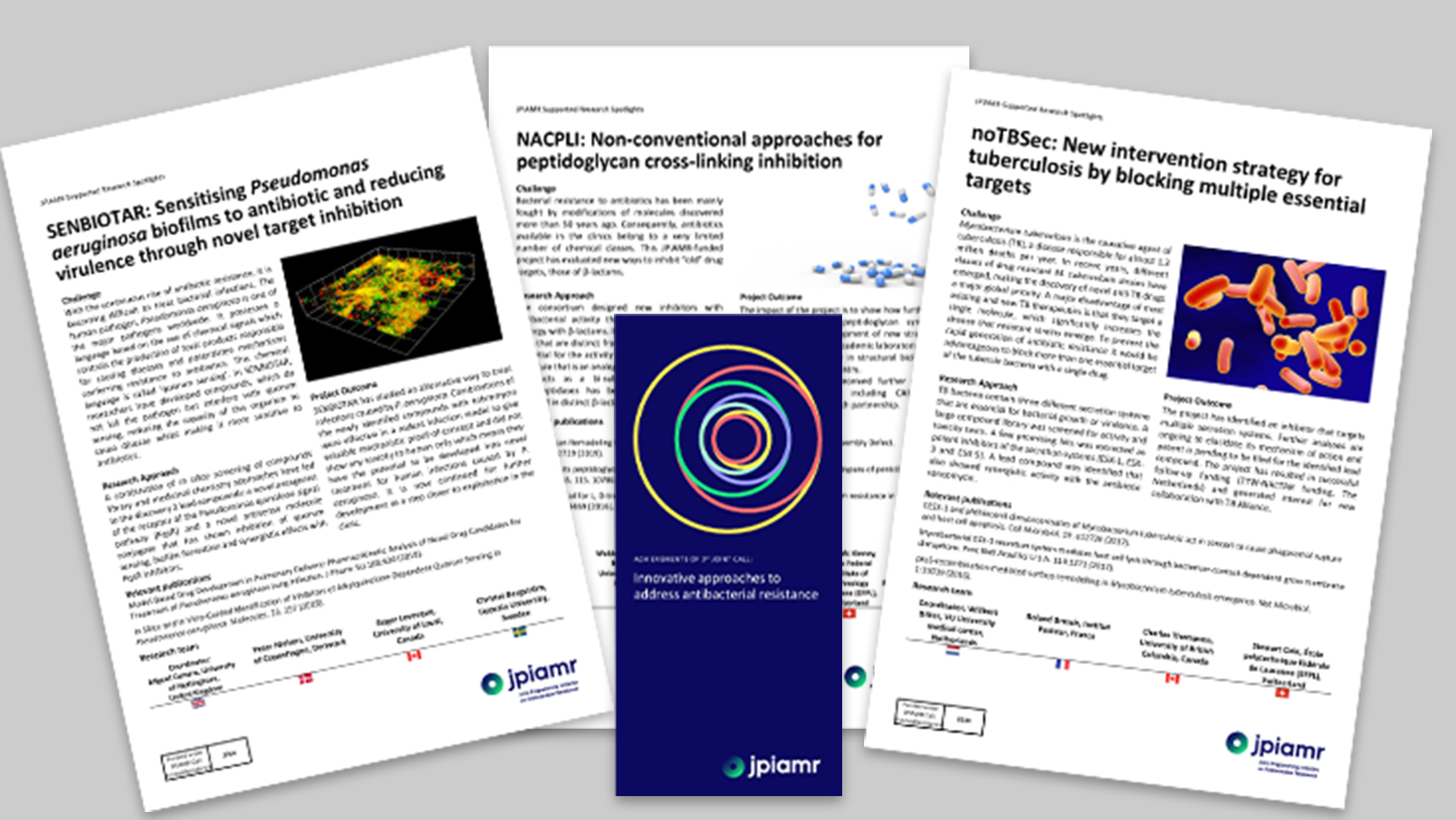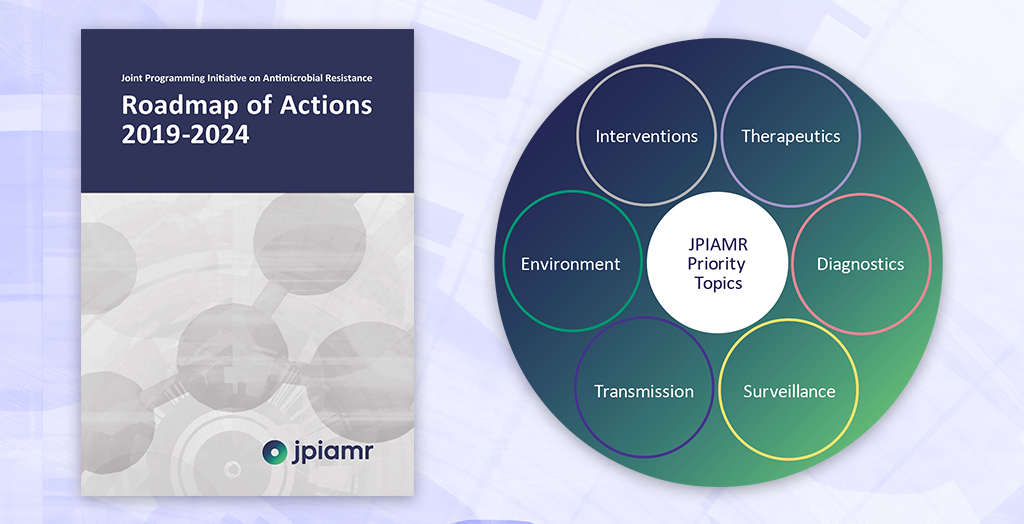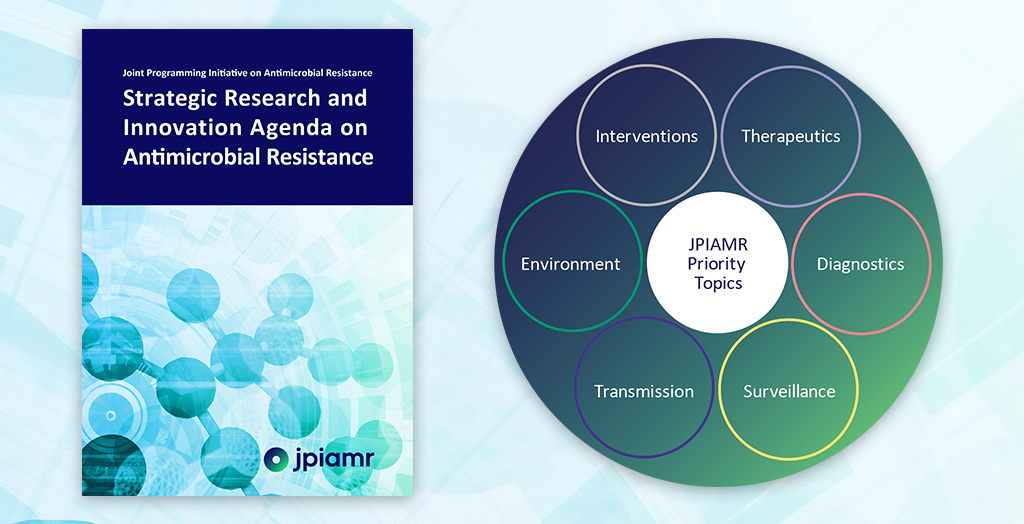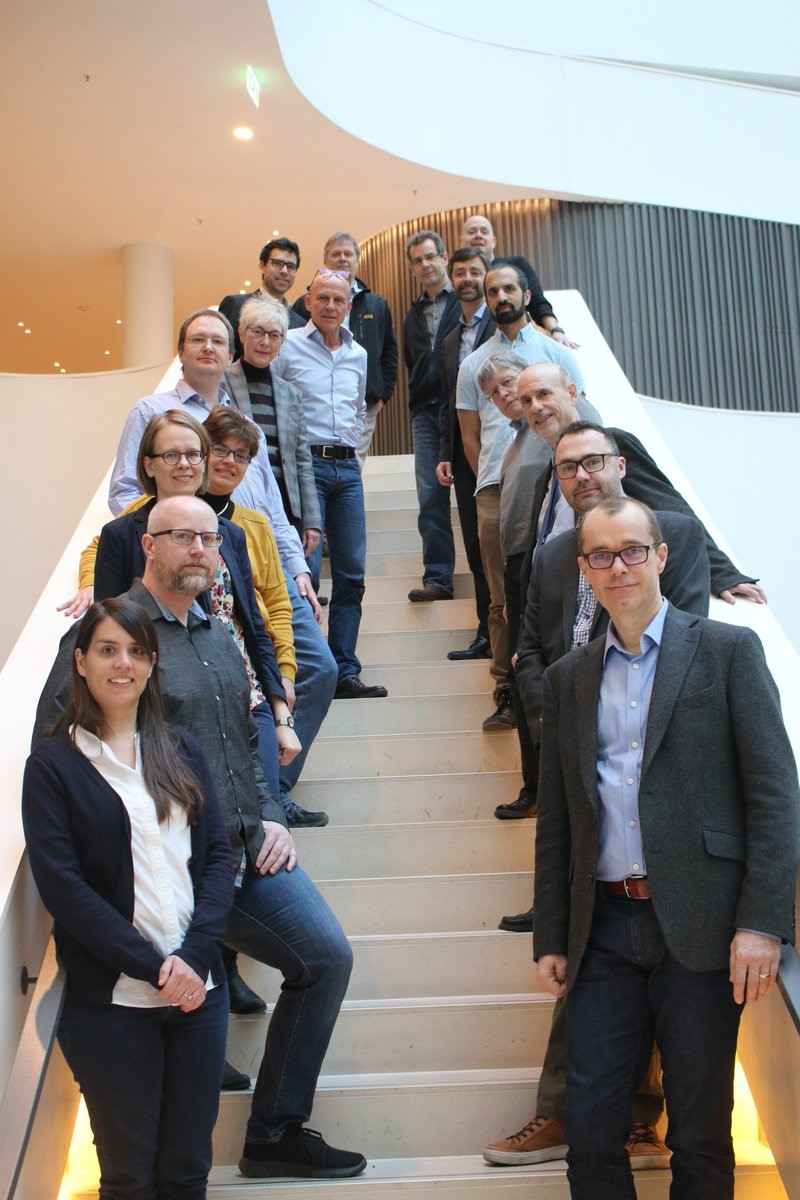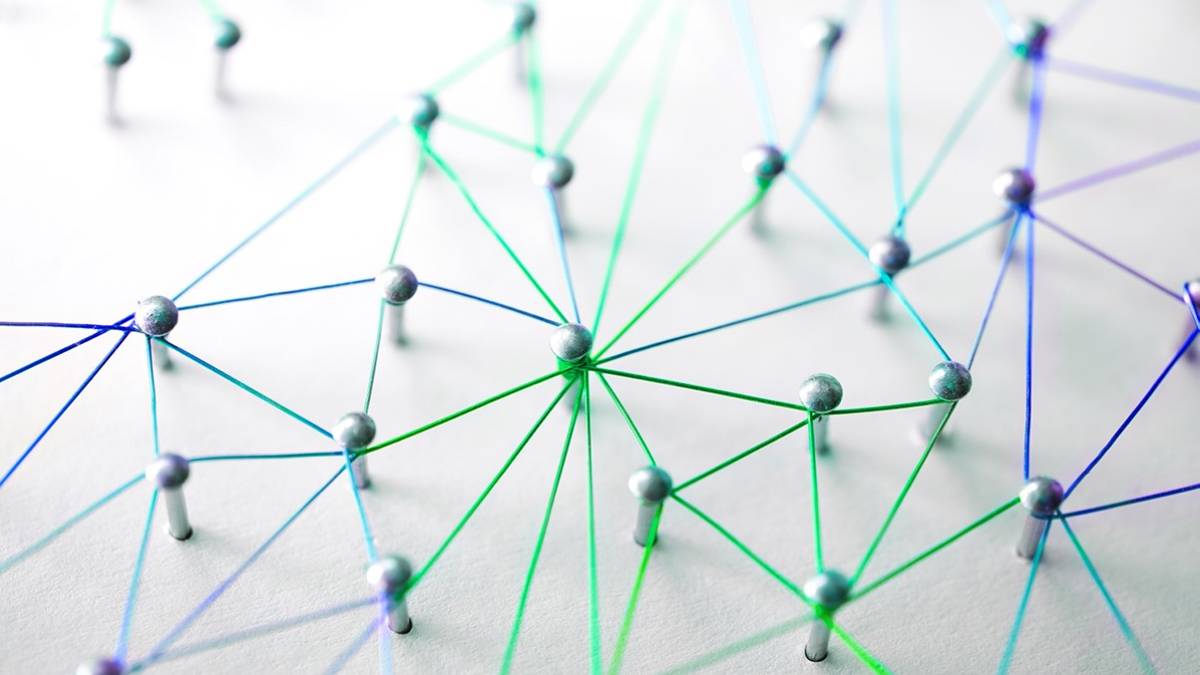The JPIAMR-VRI network AMR DX Global has published a survey about the current state of training, teaching and awareness in AMR diagnostics. The main aim of this survey is to get a better understanding of the current and future needs, availability and gaps of AMR diagnostics training to a wide variety of stakeholders such as patients, healthcare workers, farmers, legislators, and innovators. As AMR concerns us all, the network accepts input from any type of stakeholder. This survey will help shape the input into the future VRI offerings.
The survey is open until 29 February 2020 and is completely anonymous. AMR Dx Global does not track your visit to the survey website. Join the survey AMR Diagnostics-Teaching and Training
AMR Diagnostics Teaching & Training Resource
The AMR DX Global mapping of teaching and training resources globally includes online (such as MOOCs, webinars, etc.) and offline resources such as (classes, workshops, conferences, etc.). The resulting database will feed into the future activities of the JPIAMR VRI.
If you like to join the family and promote an AMR diagnostics teaching & training resource you are involved with, you can use the following form: AMR Diagnostics Teaching & Training Resource – Self Registration


